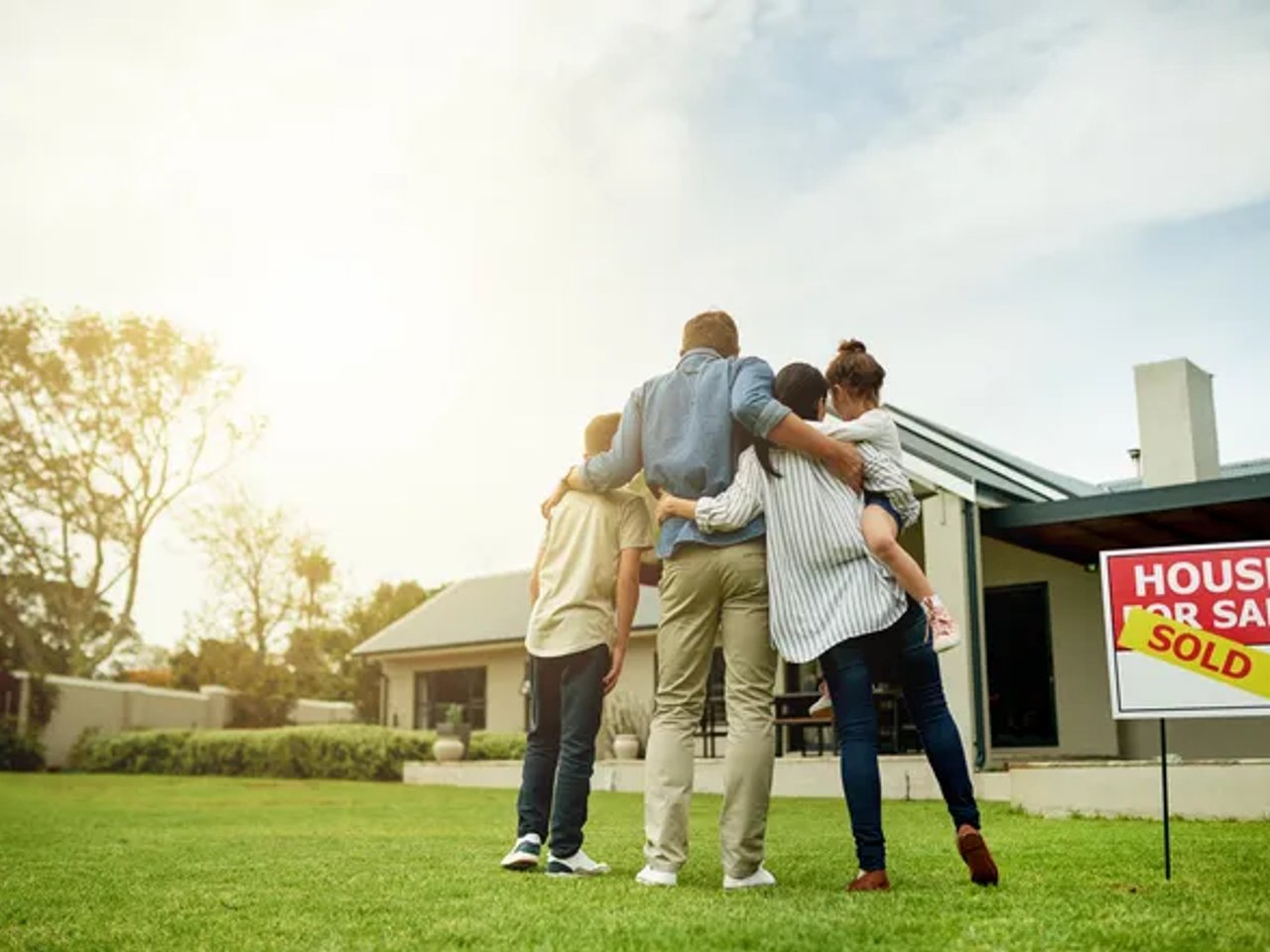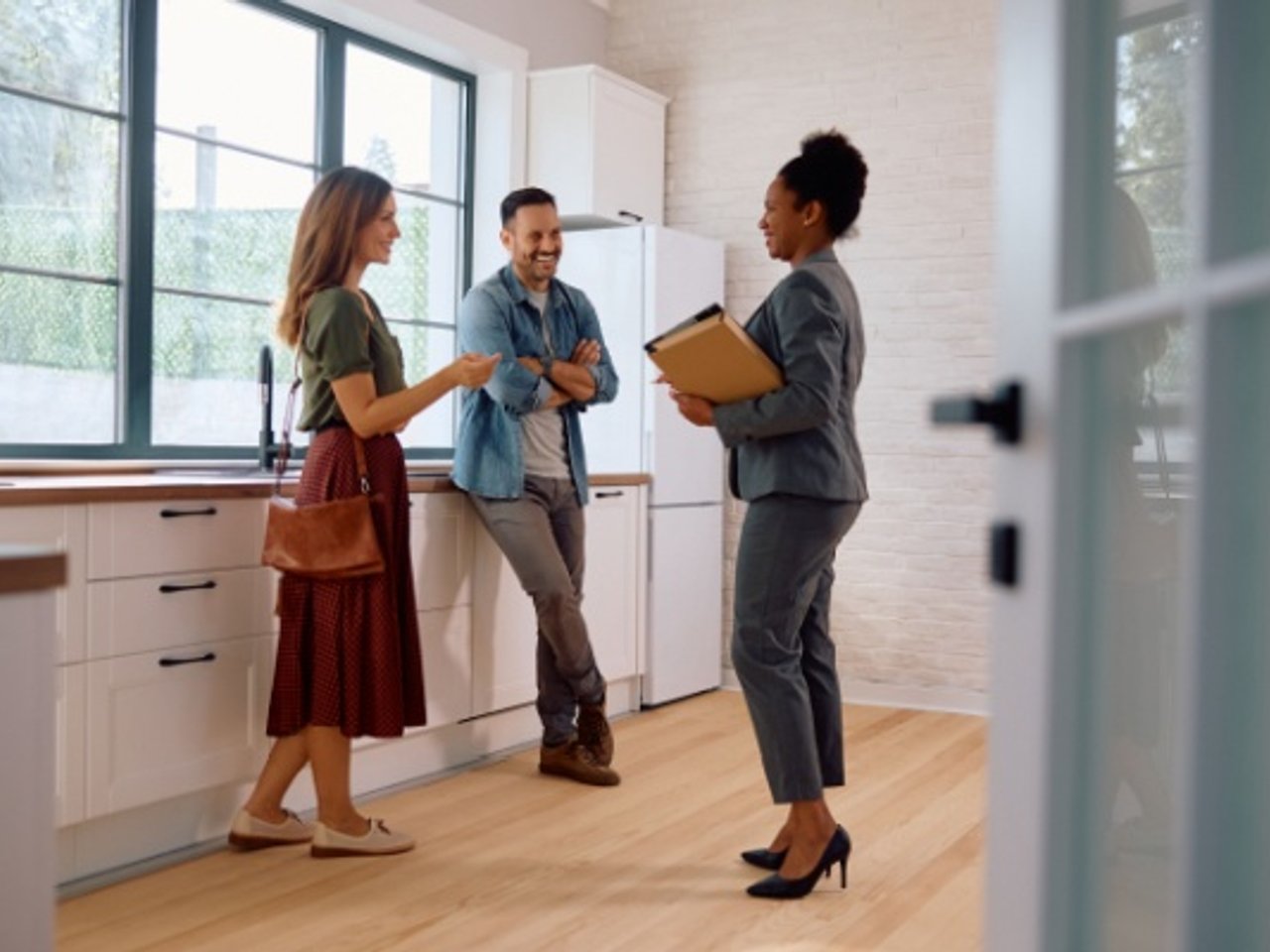
7/19/2025
When it comes to real estate, traditional factors like location, square footage, and modern amenities are undeniably important. But one often underestimated element that significantly impacts property value is the strength of the local community.
In today’s market, homebuyers and investors are no longer just looking for a structure—they’re seeking an experience. A house can be remodeled or renovated, but the feel of the neighborhood is harder to change. And that’s where community makes all the difference.
Neighborhoods that foster a strong sense of belonging tend to have higher demand, which directly affects home prices. When people feel safe, respected, and connected, they’re more likely to take care of their properties, support local businesses, and participate in civic activities. All of these factors translate to better overall curb appeal and desirability.
Studies show that properties located in neighborhoods with active community associations, well-attended events, and strong local involvement tend to appreciate faster than similar homes in more fragmented or disengaged areas. Buyers perceive these areas as more stable and enjoyable places to live.
For real estate investors, especially those involved in rental properties, community strength can have a direct impact on tenant retention. Tenants are more likely to renew their leases when they feel part of a positive, engaging environment. Lower turnover means lower vacancy rates and reduced costs for marketing and maintenance.
Plus, properties in strong communities often experience fewer security-related issues. A well-connected neighborhood is less likely to deal with vandalism, loitering, or general negligence because residents look out for one another.

Here are some features that commonly define a strong community, and why they matter to real estate value:
Safety and Security: Active neighborhood watch programs, clear lighting, and visible law enforcement presence.
Cleanliness and Maintenance: Regular trash collection, well-kept green spaces, clean sidewalks, and community-led cleanups.
Social Engagement: Events like local markets, cultural festivals, and neighborhood BBQs help people form real connections.
Schools and Services: High-quality schools, nearby healthcare, and responsive public services increase long-term value.
Digital Connectivity: WhatsApp groups, Facebook communities, or online neighborhood forums foster fast and transparent communication.
For agents, showcasing the human element of a listing can make a big difference. Instead of focusing only on square footage and finishings, emphasize lifestyle: “This home is just two minutes away from the Saturday farmers’ market” or “The neighbors here organize monthly community dinners.”
Even for digital listings, adding photos of community events or testimonials from locals can give buyers a better sense of what to expect—not just from the property, but from the people around it.
At the end of the day, real estate is not just about buildings—it’s about people. Whether you’re buying, selling, or investing, understanding the power of community can give you a major advantage.
A strong community not only increases market value, but it also improves quality of life. And that’s something no renovation budget can replicate.
If you’re a homeowner, consider getting more involved in your local area. If you’re a buyer, look beyond the walls and into the heart of the neighborhood. And if you’re an investor or agent, remember that community sells.
